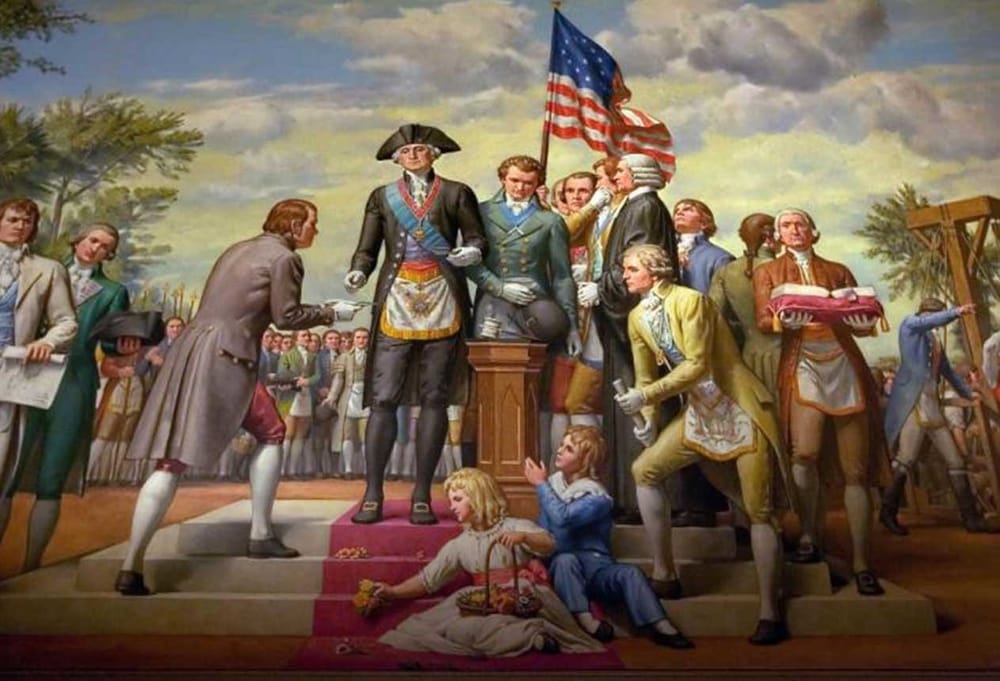A masonic funeral is a rite afforded to Master Masons in good standing with their Lodges. Under extenuating circumstances satisfactory to the Master of their Lodges, Masonic funerals may also be conducted in memory of Fellow Crafts or Entered Apprentices who received their degree less than one year prior to their death, or to Master Masons who were suspended for nonpayment of dues within the same time limit.
The Masonic funeral rites are performed by a deceased Master Mason's lodge, so that he can be honored by those who have known him and his works. It is one of the few ceremonies performed in public by Freemasons. Such a Masonic funeral is carried out at the request of a Master Mason or his family.
Contacting the Lodge
If your departed loved one has requested a Masonic Funeral, please contact our Secretary at 215-917-1752 for arrangements.
Preparing for a Masonic Funeral
Citation: https://scottishritenmj.org/blog/masonic-funeral
Whether you are a Freemason or a family member of a Freemason and are interested in having a Masonic funeral for yourself or your loved one, there are some important things to know. First, a Lodge will only perform a Masonic funeral at the request of a Brother or his family.
When and where you want to perform the ceremony is flexible. It can be held in places of worship such as a chapel, mosque, church, or synagogue. It can be held at home, in a Lodge room with committal at the graveside, or separately from a formal burial. The Masonic service may be held in conjunction with a religious service while other fraternal services such as The American Legion or the Benevolent and Protective Order of Elks are performed independently of any other service. The manner is entirely up to the family's or deceased Freemason's preference. The only restriction is that the Masonic service should be completed without interruption once it begins.
If you want to plan a Masonic funeral, speaking honestly with your loved ones about your intention is important. Put your instructions in writing, give a copy to the person who will handle your affairs, and place another copy with your will, insurance papers, and other valuable documents. The more detail you can provide, the better. Losing a loved one is never easy, and it's essential to consider it will be a challenging time for your survivors. Therefore, it can help to prepare an autobiographical profile of your life and achievements, both in and outside of the Craft.
Relevant details you can track include important dates during your Masonic journey, such as when you completed each degree. You can also include any appendant bodies you joined and awards or recognition you received. Detail your favorite degrees, rituals, passages, and experiences that were critical to your development as a Freemason. List your ranks, medals, citations, and commendations if you were in the military. Many Freemasons are also heavily involved in their religious communities, and it is entirely appropriate to take note of your religious affiliation, favorite scripture(s), hymn(s), song(s), and offices held in your congregation.
Taking the time to compile these details shouldn't be considered a morbid affair. It is a chance to reflect on the thoughts and events that have made you into the man you are. Furthermore, it will make it easier for your surviving family and friends to fulfill your wishes after you pass. It will also help them recall dates, anniversaries, events, personal interests, and significant accomplishments that were important to you.


